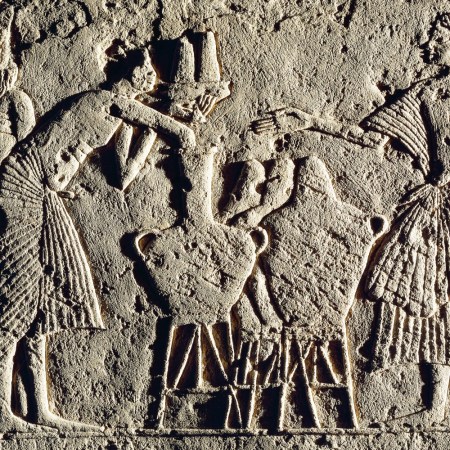No one likes paying taxes. That’s a sentiment most Americans would agree with, one that’s been accepted long before having the smallest tax bill became a sort of grotesque contest between the wealthiest among us. It wasn’t always like this, though.
As Fast Company reminds us in a fascinating history lesson, there was a time when one-percenters not only happily accepted a large tax bill, they actually bragged about it. If that seems unlikely, it’s because it was over 2,000 years ago in ancient Athens.
Specifically, the publication looks at the fifth and fourth centuries B.C., when “only the very wealthiest people paid direct taxes, and these went to fund the city-state’s most important national expenses — the navy and honors for the gods.”
Not only did these financial elites fund warships, the citizen militia and festivals to the gods in hopes of bringing favor to the former two, they sometimes took more direct roles alongside that of benefactor; as Fast Company notes, “They served as a trireme commander, or ‘trierarch,’ who personally funded the operating costs of a trireme [wooden warships] for an entire year and even led the crew on missions.”
“None of the financial elite of ancient Athens prided themselves on scamming the Athenian equivalent of the IRS. Just the opposite was true: They paid, and even boasted in public — truthfully — that they often had paid more than required when serving as a trierarch or chorus leader,” the outlet writes.
But why did the wealthy have such a radically different approach to taxation? Why did paying a literal boatload in taxes come with bragging rights?
It all comes down to social capital. “Above all, the Athenian rich paid their taxes because they craved the social success that came from their compatriots publicly identifying them as citizens who are good because they are useful,” says Fast Company.
Thanks for reading InsideHook. Sign up for our daily newsletter and be in the know.



















